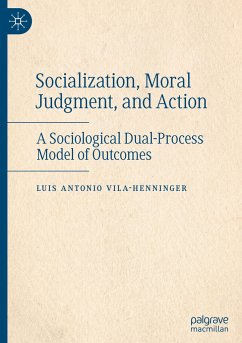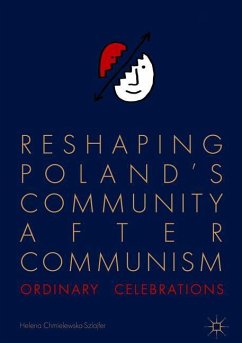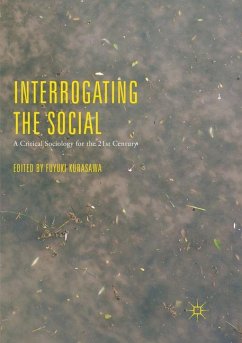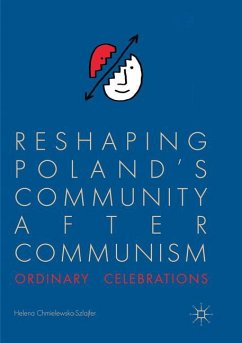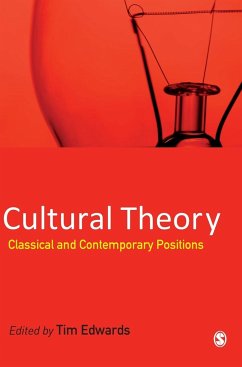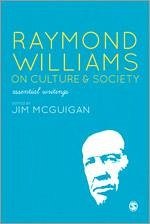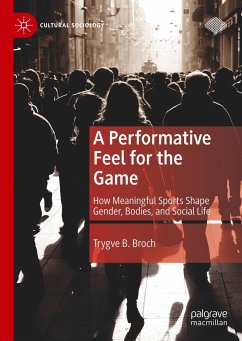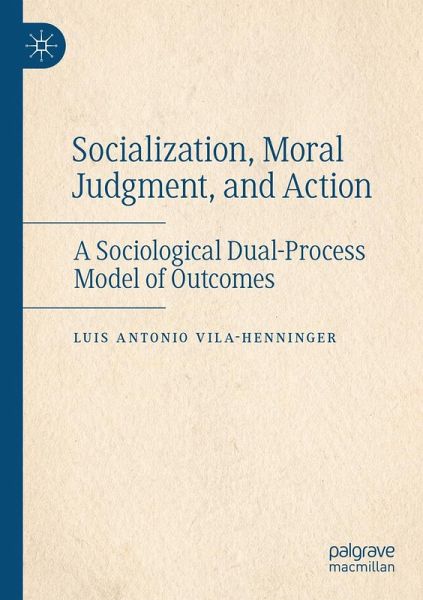
Socialization, Moral Judgment, and Action
A Sociological Dual-Process Model of Outcomes
Versandkostenfrei!
Versandfertig in 6-10 Tagen
76,99 €
inkl. MwSt.
Weitere Ausgaben:

PAYBACK Punkte
38 °P sammeln!
How does culture affect action? This question has long been framed in terms of a means vs ends debate-in other words, do cultural ends or cultural means play a primary causal role in human behavior? However, the role of socialization has been largely overlooked in this debate. In this book, Vila-Henninger develops a model of how culture affects action called "The Sociological Dual-Process Model of Outcomes" that incorporates socialization.This book contributes to the debate by first providing a critical overview of the literature that explains the limitations of the sociological dual-process m...
How does culture affect action? This question has long been framed in terms of a means vs ends debate-in other words, do cultural ends or cultural means play a primary causal role in human behavior? However, the role of socialization has been largely overlooked in this debate. In this book, Vila-Henninger develops a model of how culture affects action called "The Sociological Dual-Process Model of Outcomes" that incorporates socialization.
This book contributes to the debate by first providing a critical overview of the literature that explains the limitations of the sociological dual-process model and subsequent scholarship-and especially work in sociology on "schemas". It then develops a sociological dual-process model of moral judgment that formally explains Type I processes, Type II processes, and the interaction between Type I and Type II processes. The book also expands sociological dual-process models to include a temporal dimension-the "Sociological Dual-Process Model of Outcomes". Finally, the book integrates a theory of socialization into the sociological dual-process model and creates empirical indicators that confirm Vila-Henninger's theorization and contribute to the literature on measures of dual-process models.
This book contributes to the debate by first providing a critical overview of the literature that explains the limitations of the sociological dual-process model and subsequent scholarship-and especially work in sociology on "schemas". It then develops a sociological dual-process model of moral judgment that formally explains Type I processes, Type II processes, and the interaction between Type I and Type II processes. The book also expands sociological dual-process models to include a temporal dimension-the "Sociological Dual-Process Model of Outcomes". Finally, the book integrates a theory of socialization into the sociological dual-process model and creates empirical indicators that confirm Vila-Henninger's theorization and contribute to the literature on measures of dual-process models.





